7 steps to get the red passport after you marry a Russian

Becoming a Russian citizen requires lots of time and effort. For many, it remains an unattainable goal. Yet, a feasible opportunity arises for those who have found love in Russia. Here are the steps you’ll need to get through this complex process if you marry a Russian.
1. Be married for at least three years
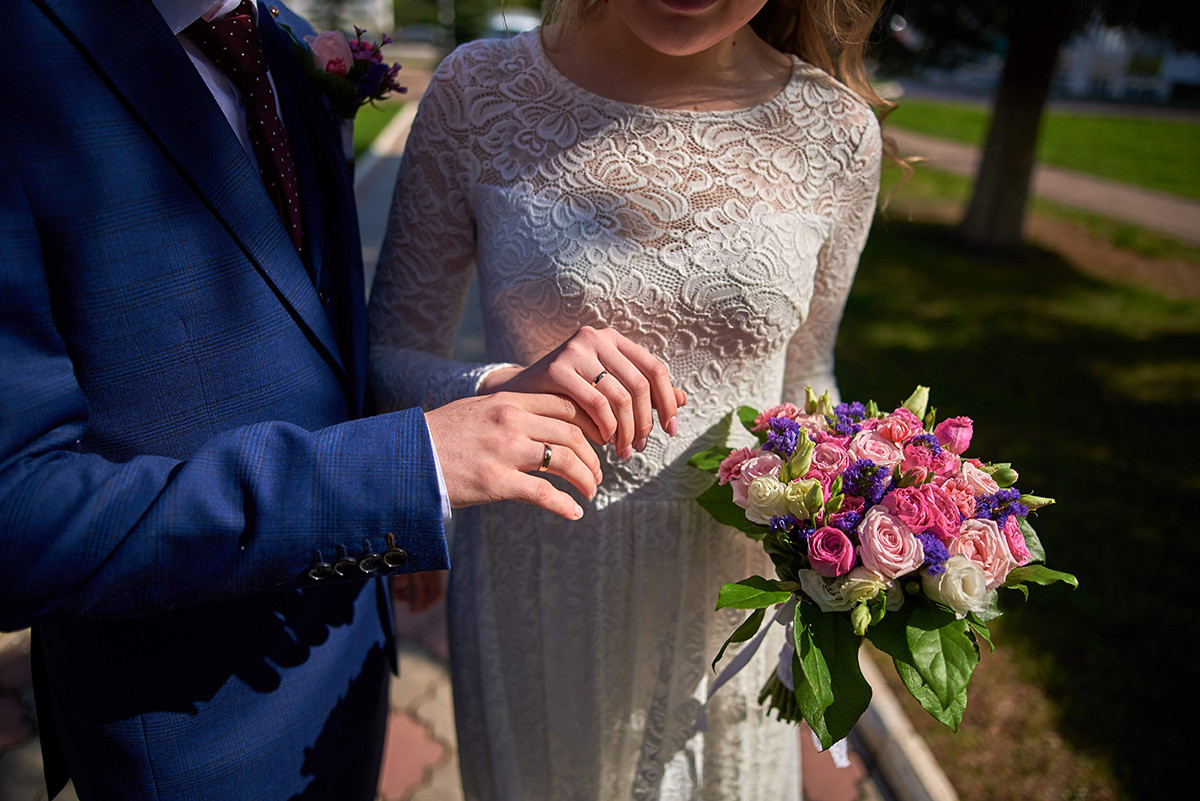
Three years must pass since the marriage before a foreign spouse of a Russian citizen may apply for a Russian passport. If you have been married for less than three years, you cannot apply for Russian citizenship based solely on the marriage.
2. Relocate to Russia

At the time of the application, a couple must permanently reside in Russia. “It is important to note that the residence in Russia is considered to be permanent if the person in question does not leave Russia for longer than three months in one year. It means that every calendar year, [the foreign national who is married to a Russian] must stay in Russia for at least 9 months and 1 day or longer,” says Yekaterina Osipova, Director of the Legal Clinic at the Immanuel Kant Baltic Federal University.
A registration stamp in your passport acquired from the migration services testifies to your legal status as a permanent resident in Russia. To receive it, you have to apply for the RVP (see pt. 3).
3. Apply for a Temporary Residence Permit (RVP)
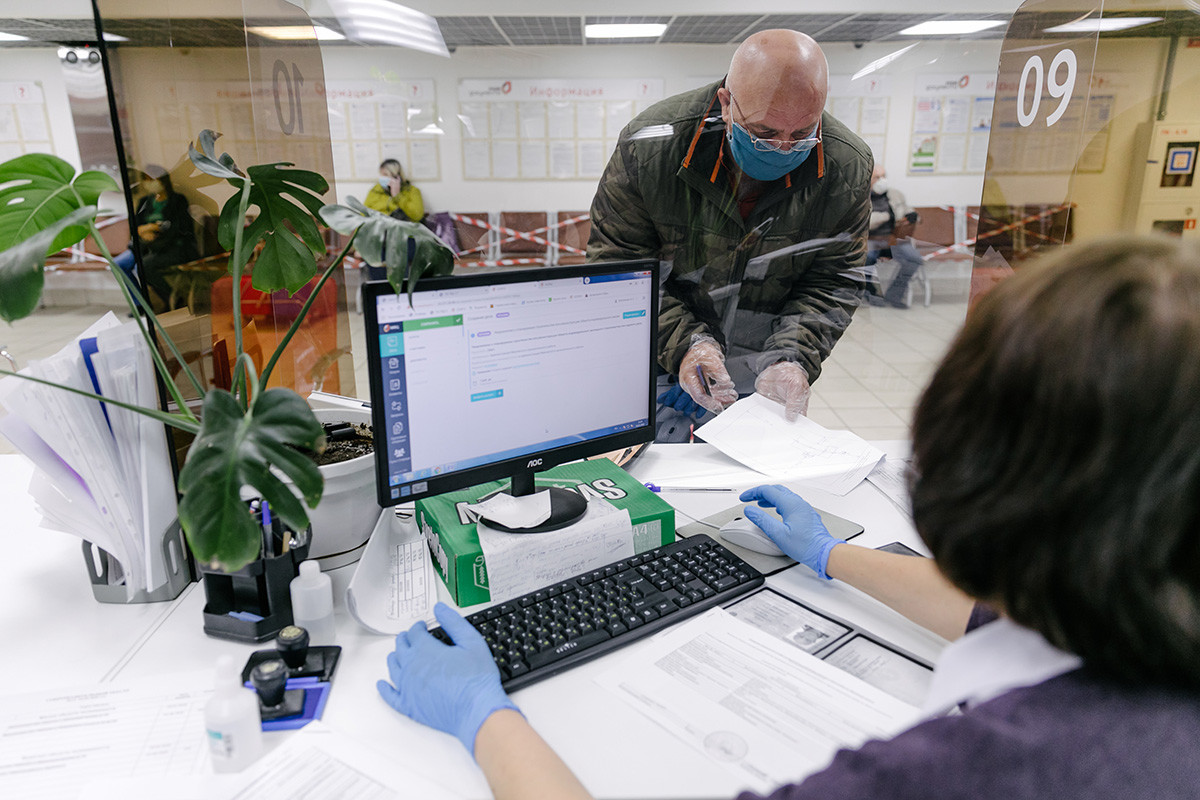
While legally residing in Russia and being married to a Russian person, you must apply for a Temporary Residence Permit which the Russians refer to simply as RVP.
Note that not everyone is qualified to apply for the RVP, but those who are married to Russian citizens are. Since filling in an application form involves a great deal of red tape, it would be virtually impossible to do so without hiring a legal adviser, who can help you navigate the Russian migration legislation.
When the application form and the additional paperwork are ready, submit it to your local unit of the Directorate for Migration of Russia’s Ministry of Internal Affairs. The address of the particular office must correspond to your place of official registration. Therefore, consult with the legal adviser on where to apply.
4. Wait till the RVP is ready
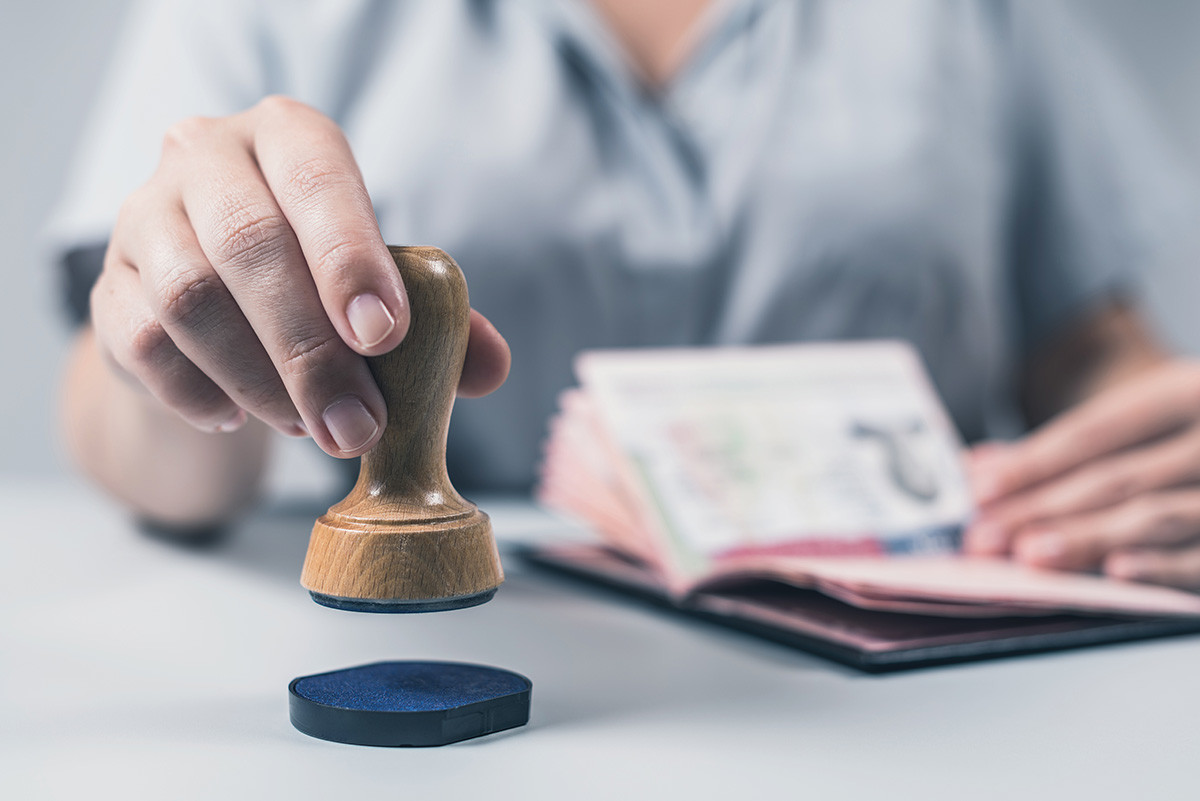
In case the submitted paperwork is correct, the authorities will issue an RVP and make a corresponding stamp in your foreign passport. The process usually takes from two to six months depending on personal circumstances and the region where the application takes place.
5. Report the fact of residing in a particular region to authorities
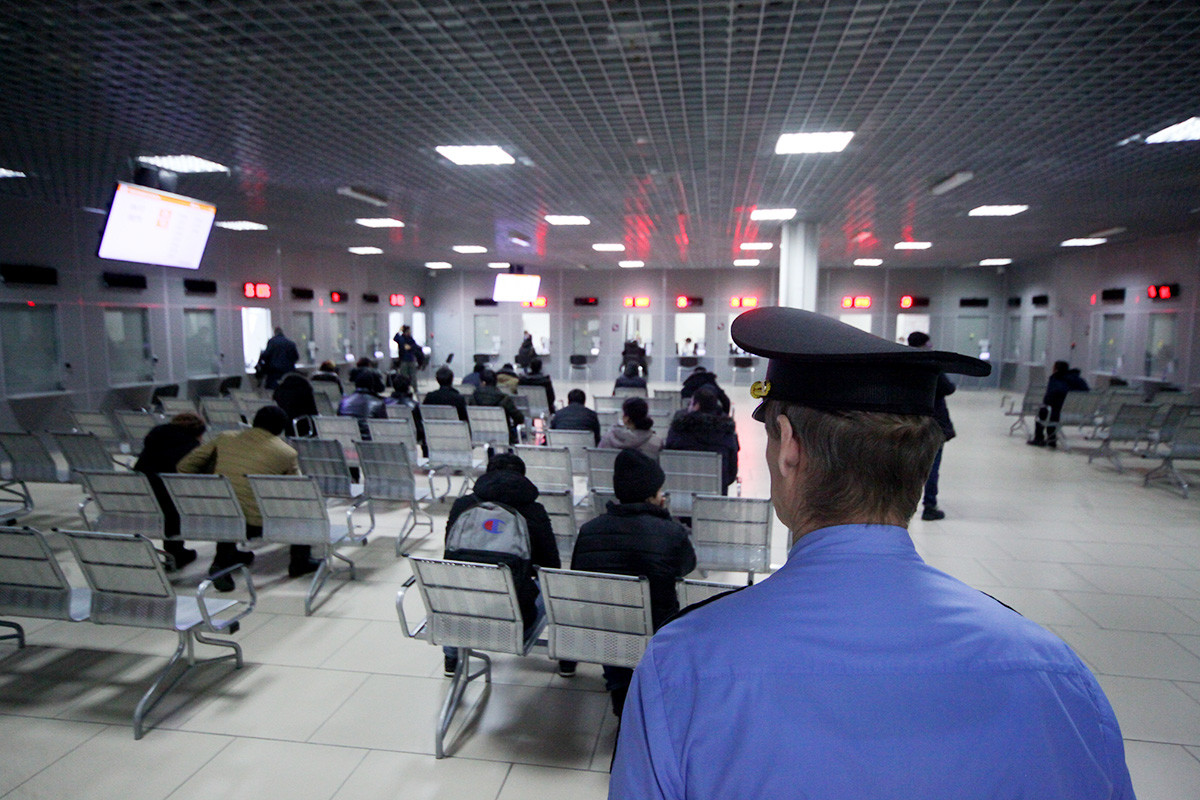
It is important to note that upon receiving the RVP, a prospective citizen must register with migration authorities and reside only at the address he or she indicates during the registration. Prospective citizens who received the RVP are required to live and work only in the region where the RVP was issued.
Once a year, a person in question must submit a written notification and an income certificate to local migration authorities to prove he or she maintains a permanent residence in the region. Again, hiring a legal adviser will significantly ease the process.
6. Apply for a Residence Permit
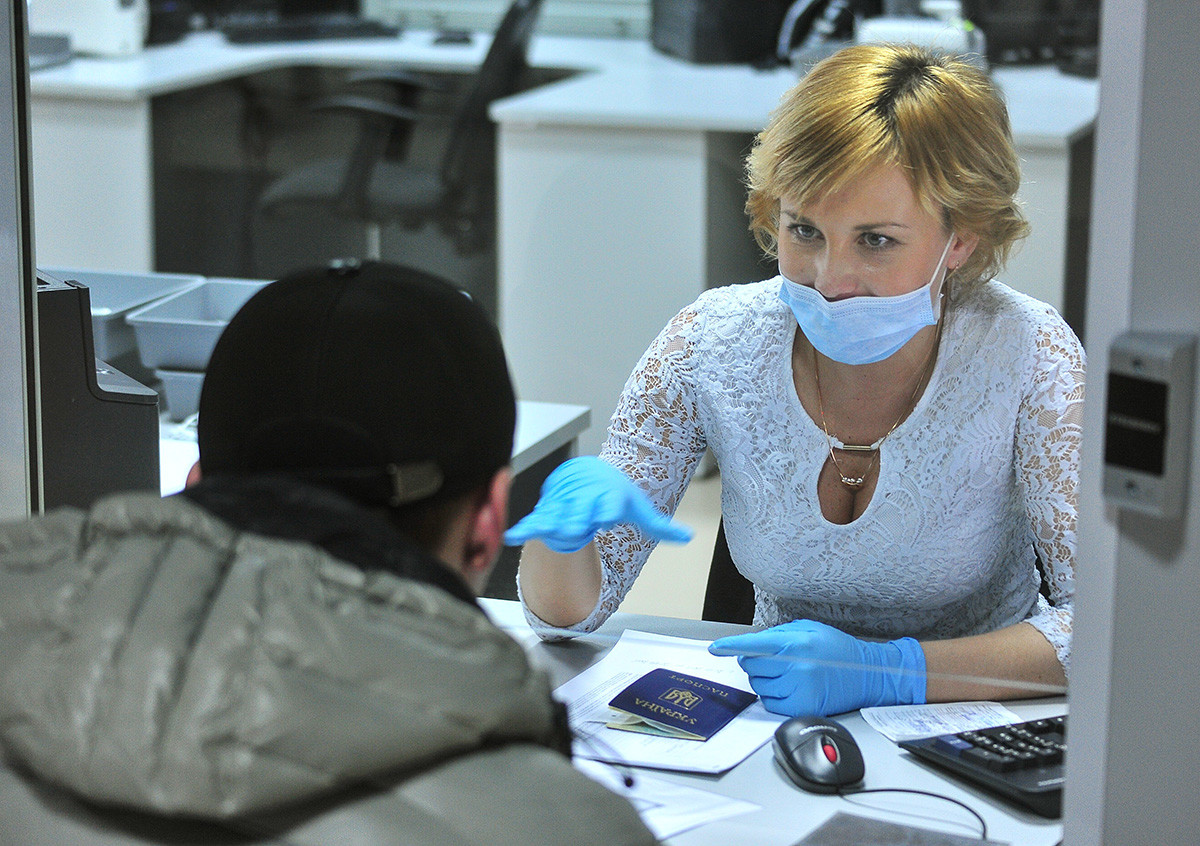
The next step for a foreign national who receives an RVP on the basis of having a Russian spouse is to apply for a Residence Permit or the VNZh, as the Russians refer to it. Six months must pass before such a person legally qualifies to do so.
Since the application process for the VNZh is even more complex than for the RVP, it is in a person’s best interests to have a legal adviser.
Again, it takes the authorities up to six months on average to decide on each residence permit. Therefore, your RVP must be valid for at least six months before you apply for the VNZh.
7. Apply for citizenship
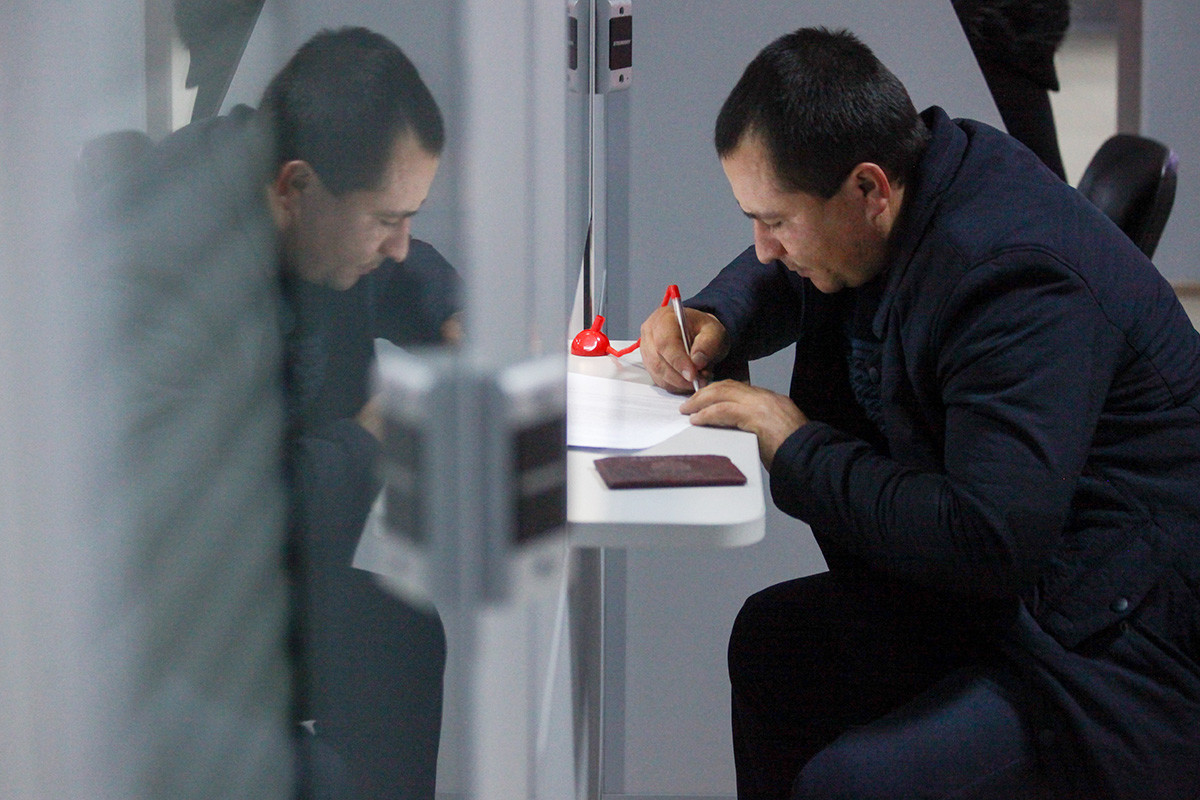
When your VNZh is ready, you finally may apply for Russian citizenship. The application takes place in the very same region (and, perhaps, the same office) the person in question used to visit while applying for the RVP and VNZh.
Yet, in order not to mess up the final stage of the complex bureaucratic process, hiring a legal adviser who can help with the application is a must. Ideally, it should be the same person who successfully helped you to apply for the RVP and the VNZh.
Click here to find out how to get Russian citizenship if you are NOT married to a Russian.
If using any of Russia Beyond's content, partly or in full, always provide an active hyperlink to the original material.
Subscribe
to our newsletter!
Get the week's best stories straight to your inbox